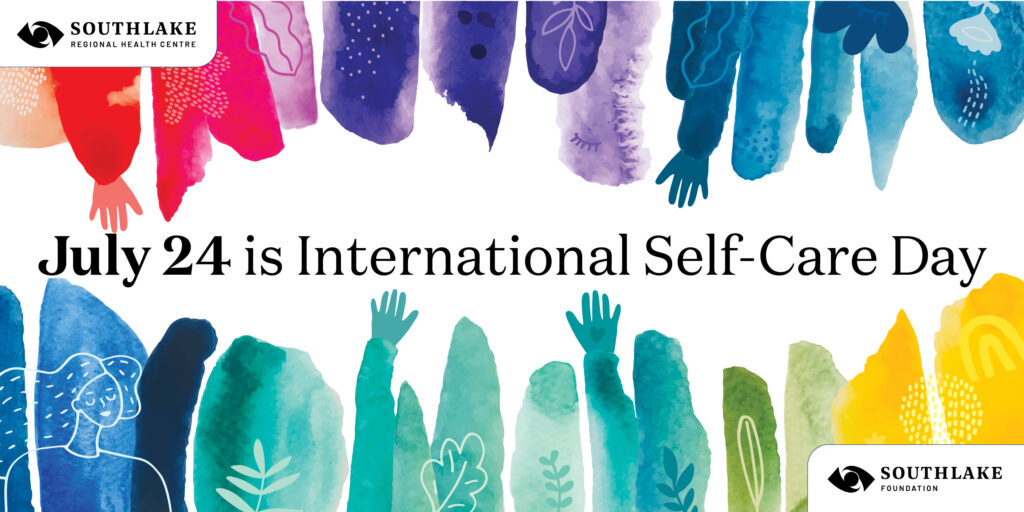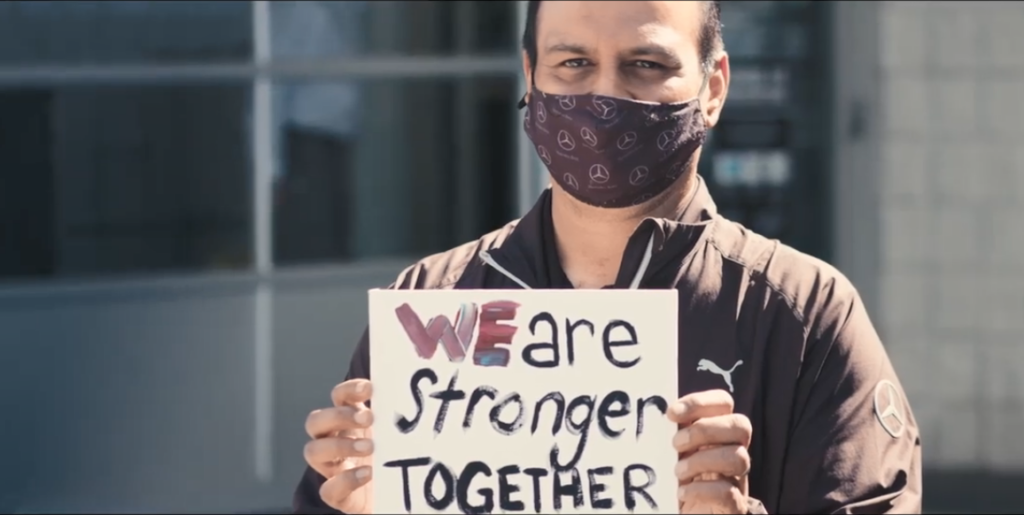Rick Spence’s anxiety began at the age of 50, after the sudden loss of his brother to mental illness. At first, he just thought he was grieving – until one day, during a presentation to a group of doctors on financial planning, he actually felt something come loose inside him. He has no memory of what happened next. At home later that night, things only got worse. He couldn’t breathe, couldn’t stop pacing. It was an anxiety attack, though he didn’t recognize it yet. He was restless and unable to sleep through the night for weeks. He took a leave of absence from work, grateful for the supportive colleagues that made it possible to do so.
It was months before Rick understood that what he was suffering from wasn’t just grief. Not knowing where to begin, he searched online for help, and even reached out to his son, who had been diagnosed with anxiety as a teenager a few years before.
“I think the biggest part about mental illness is that if you have it you understand it, and if you don’t, you don’t,” said Rick. “You can sympathize, but unless you experience it firsthand, you can’t ever truly understand what it’s like. It’s like my wife having a baby. I know she was in pain, but I’ll never fully know what she went through.”
For Rick, the most eye-opening part of his journey with anxiety and depression has been realizing how many people go through mental illness alone, keeping it hidden from those they love. It was true of his older brother, who he knew intimately enough to consider a best friend, a hero. And the same is true of every colleague and family friend that has opened up to him since he began talking about his mental illness who, until then, had been suffering in silence.
Southlake’s mental health team is filled with people who have devoted their careers to helping patients like Rick. But imagine trying to treat anxiety in a cramped, overcrowded space with no privacy, with other patients experiencing their own crises only feet away.



